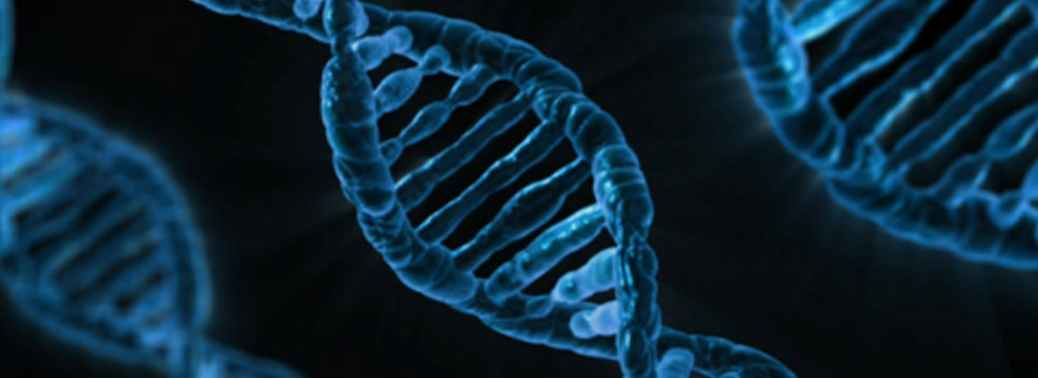CATALOGUING THE GENETIC VARIATION IN INDIANS’ PROJECT
11, Mar 2020

Prelims level : Governance - Policies & Schemes
Mains level : GS-II Issues Relating to Development and Management of Social Sector or Services relating to Health, Education, Human Resources
Why in News?
- Genome India:‘Cataloguing the Genetic Variation in Indians’ project has been sanctioned by Department of Biotechnology (DBT) on January 16, 2020 for a period of 3 years to 20 institutions from varied disciplines across the country.
Highlights:
- The whole genome sequencing under Genome India has just started.
- The proposed target of Whole Genome Sequencing (WGS) is to do it for total 10,000 individuals representing the country’s diverse population in 3 years.
Rationale:
- The information generated from whole genome sequencing can facilitate future human genetics research in the country with greater precision, and to design a genome wide association array for the Indian population to develop precision healthcare and diagnostics for major diseases at affordable costs.
- The data security and sharing measures for this project will be governed by the rules and regulations formulated by Government of India.
De-identification:
- The personal information of all individuals consenting to participate in the study is stripped off from any further records in this project.
- This process of de-identification ensures that the personal information of the participants is not compromised.
- Additionally, ethical measures are strictly adhered to in order to maintain data security and protection.
Genome:
- A genome, is all the genetic matter in an organism.
- It is defined as an organism’s complete set of DNA, including all of its genes.
- Each genome contains all of the information needed to build and maintain that organism.
- In humans, a copy of the entire genome — more than 3 billion DNA base pairs — is contained in all cells that have a nucleus.
Human Genome Project (HGP):
- HGP was an international programme that led to the decoding of the entire human genome.
- It was a discovery looking to sequence and map all of the genes — together known as the genome — of members of our species.
- Beginning on October 1, 1990 and completed in April 2003, the HGP gave the ability, for the first time, to read nature’s complete genetic blueprint for building a human being.

Genome India Project:
- The project is being headed by the Indian Institute of Science, Bengaluru as the nodal point of about 20 institutions including a few IITs, each doing its bit in collecting samples, doing the computations, and then the research.
- Aim: To ultimately build a grid of the Indian reference genome, to understand fully the type and nature of diseases and traits that comprise the diverse Indian population.
- The mega project hopes to form a grid after collecting 10,000 samples in the first phase from across India, to arrive at a representative Indian genome.
- The Indian project will aim to vastly add to the available information on the human species and advance the cause, because of the scale of the Indian population and the vertical and horizontal diversity here.

Medical ethics:
- In a project that aims only to create a database of genetic information, gene modification is not among the stated objectives.
- The risks involved are misuse or unqualified access to the technology.
Data & Storage:
- After collection of the sample, anonymity of the data and questions of its possible use and misuse would need to be addressed.
- Keeping the data on a cloud is fraught with problems and would raise questions of ownership of the data.
- India is yet to pass a Data Privacy Bill with adequate safeguards.
- Launching a Genome India Project before the privacy question is settled could give rise to another set of problems.
- The question of heredity and racial purity has obsessed civilisations, and more scientific studies of genes and classifying them could reinforce stereotypes and allow for politics and history to acquire a racial twist.
Social Issues:
- In India a lot of politics is now on the lines of who are “indigenous” people and who are not. A Genome India Project could add a genetic dimension to the cauldron.
- It may also add to the existing problem of Selective Breeding.







